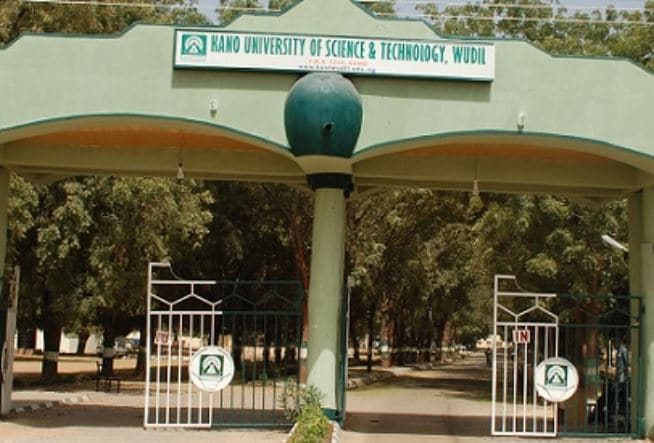
The CBN Governor disclosed that Nigeria can now boost of about 60 integrated rice mills with a combine production capacity of 3 million metric tons as against less than 350,000 metric tons capacity with 10 integrated millers before the Anchor Borrower Initiative of the present administration.
Emefiele stated this while inaugurating a N15 billion ultra-modern Gerawa Rice mills, a private owned plant being supported by Fidelity Bank plc, in Kano.
The CBN boss, who disclosed that with the growing number of integrated mills plants with combine capacity of hundreds of small scale milling facilities springing across the country, Nigeria is fast heading towards rice sufficiency.
Although, Emefiele believed the country’s local production was still below expectation considering the potentiality, he declared that Nigeria has made giant stride compare to the capacity before President Muhammadu Buhari’s administration.
He explained that in consonance with the policy strategy and commitment of the President on food security, the CBN has invested huge resources on various agricultural value chain, which has not only increase production, but provided job security.
He applauded the Chairman of Gerawa Rice Mills Limited for propelling government sustainable policy on food security and providing job opportunities just as he assured of CBN readiness to support the private enterprise to grow the economy.
“When the Buhari administration came on board in 2015, he directed that we must start thinking on how to diversify the economy rather than relying solely on oil. The president emphasised that we must grow what we eat and eat what we grow.
“That was when he took all the governors to Kebbi State and personally planted a seed of rice. Incidentally, that seed has grown into Nigeria rice revolution we are witnessing today. Before the Anchor Borrower Initiative in 2015, the country has less than 10 integrated rice mills with combine capacity of 350 metric tons. Today, we have over 60 integrated mills with capacity of 3 million metric tons,” Emefiele said.
On his part, Chairman of Gerawa Rice Mill, Alh. Isa Mohammad Gerawa, explained that the new facility will provide over 15,000 direct job opportunities with potential capacity to produce 420 tons of day.
He applauded the support of the CBN and other financial institutions that support the actualisation of the facility that aimed at enhancing the economic viability of Kano and Jigawa states.
On his part, the Managing Director of Fidelity Bank, Mrs. Nneka Onyeali-Ikpe, said the bank was supporting the Gerawa mills as part of commitment to improve the lives of small-holder farmers and develop the country’s rice value chain and food security.
“At Fidelity Bank, we are known for facilitating transactions such as this where the impact is phenomenal and often on a national scale. We are pleased to be associated with this project because of its potential to not only improve the lives of many small-holder farmers in Jigawa, Kano and environs, but to also develop the country’s rice value chain and ensure food security,” stated Onyeali-Ikpe.
Shedding light on the bank’s interventions in the rice space, Onyeali-Ikpe, disclosed that the bank has facilitated the disbursement of over N34 billion in direct credit to players in the value chain.
“Our interventions have helped to unlock financing opportunities for many paddy rice farmers with significant contribution to the expansion of national paddy rice output. This has created a positive ripple effect in the rural communities by way of farmer empowerment and employment generation. This is also in alignment with the business sustainability drive of our business,” she explained.
Further down the value chain, she noted that the bank has directly financed the construction and installation of several integrated rice mills across different geo-political zones in Nigeria.
These rice mills, Onyeali-Ikpe explained, have a combined rice milling capacity in excess of 500,000 MT per annum.Recognising the importance of the last mile traders in the value chain, the bank has also provided low-cost funds to rice traders to purchase rice from indigenous rice millers for sale to the final consumers. This has helped in stabilising the prices of locally produced rice,” she added.
In their separate goodwill messages, the governors of Kano, Jigawa and Kebbi states applauded the intervention of the Federal Government in agriculture revolution while pledging support to continue creating conducive business atmosphere for private business entrepreneurs to enhance economic viability of the country.













